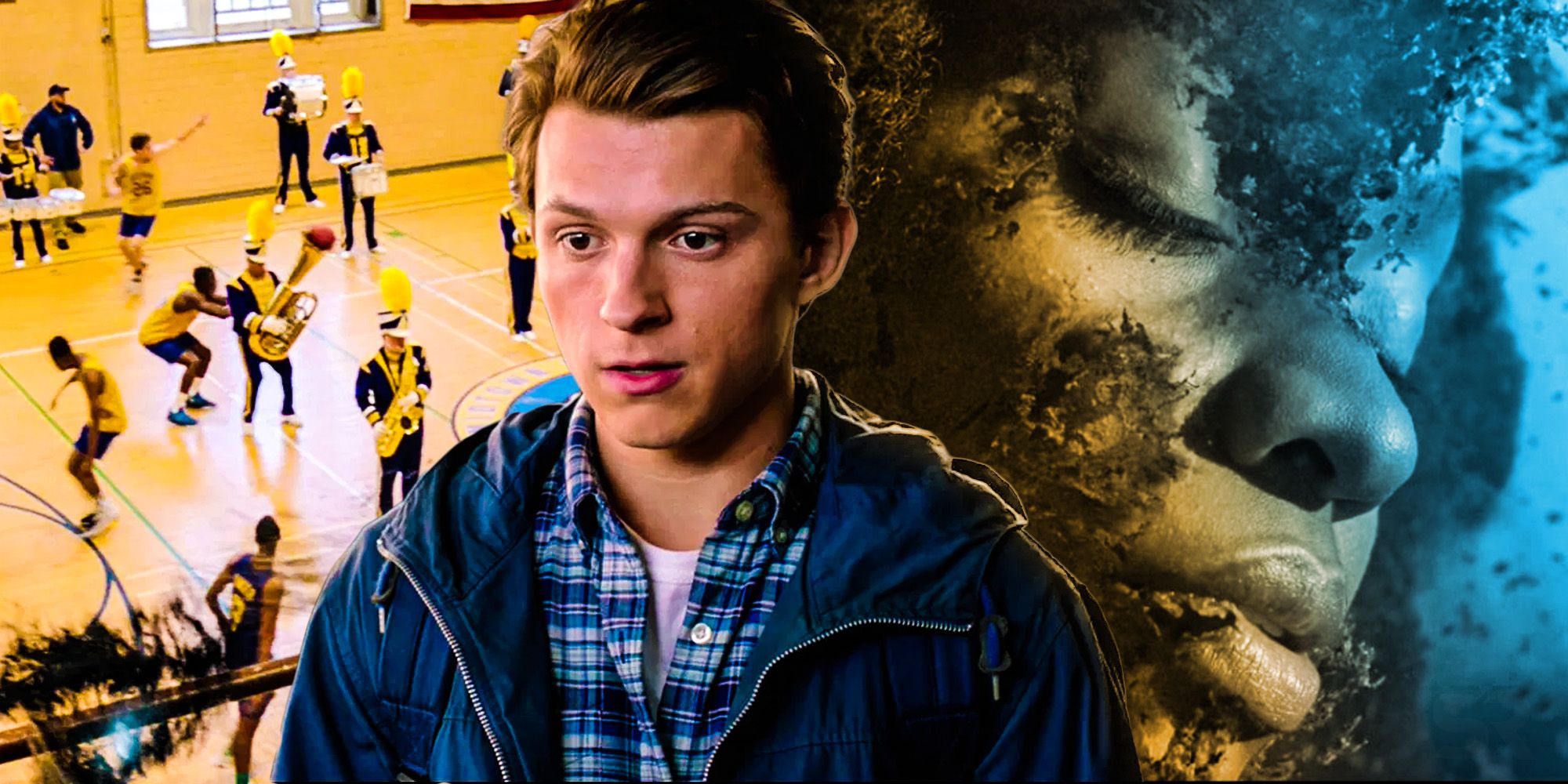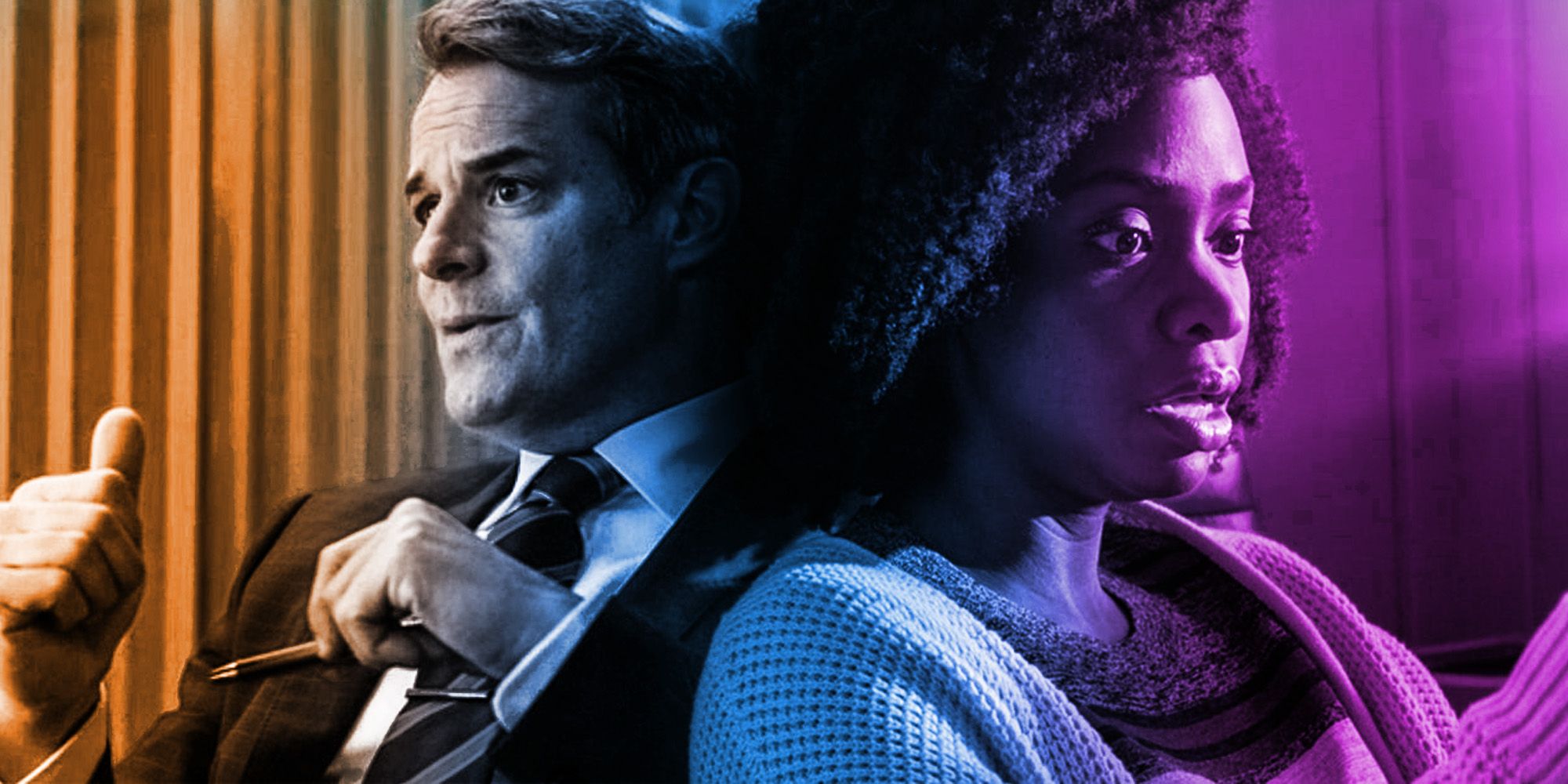Spider-Man: Far From Home made a story choice in not really exploring the consequences of Avengers: Endgame - but it is a concept Marvel is now necessarily exploring with their Disney+ TV shows. The events of Avengers: Infinity War and Avengers: Endgame were easily the most important moments in the history of the MCU. For five long years, half the life in the universe was "Blipped" out of existence, erased by Thanos but ultimately restored by the Hulk. The post-Avengers: Endgame MCU is frankly defined by trauma.
And yet, for all that's the case, Spider-Man: Far From Home treated all of it as a semi-joke. From an out-of-universe perspective, it's easy to understand why; the film was envisioned as a palette cleanser, lightweight and full of humor, a way of helping viewers get over the monumental events of the last few MCU movies. While that approach makes sense, it had unfortunate consequences; it made the Bnap feel subordinate to the death of Peter Parker's mentor Tony Stark. The world became a little less immersive because it failed to truly represent the emotional impact of what had just happened.
Fortunately, it's now becoming clear Marvel's Disney+ TV shows are correcting this mistake. WandaVision was set just three weeks after Avengers: Endgame, meaning the trauma and grief were still fresh. What's more, it featured Monica Rambeau, a SWORD agent who had been snapped out of existence by Thanos - and was restored to discover her mother had died of cancer while she was gone. This kind of personal tragedy drove home the sheer horror of what Thanos had done and the scene in which Monica was restored perfectly captured the chaos of it all. As the series went on, the conflict between Monica and Director Hayward suggested the world was dividing around two groups; the dusted victims and those who lived through those five years. "You know, you people who left, still have the luxury of optimism," Hayward snapped. "You have no idea what it was like. What it took to keep the lights on." While it is true Hayward's comment was one of self-justification, it is easy to imagine he was accurately representing divisions emerging within society.
The Falcon & The Winter Soldier is set a little further down the MCU timeline, roughly six months after Avengers: Endgame. According to director Kari Skogland, the show will continue to explore the consequences of the chaos the world suffered because of Thanos and the Avengers' success in bringing people back. He imagined the immediate reaction would predominantly be one of joy, but that the new reality that emerged would be fraught with difficulty. "With half the population Blipped away, you've got different economic circumstances, different border circumstances," he observed, pointing to geopolitical changes that would have happened because of Thanos. "Different countries were cooperative, that weren't before. Neighbors are cooperating, who weren't necessarily getting along before. People moved into houses that they didn't own before. Everything changed. Now we're into that moment. We're past the surprise of it and now we're into the realities of it."
The odd thing is, Spider-Man: Far From Home could actually have hinted at that story - simply because it saw Peter Parker and his schoolfriends go on a class trip across Europe. Marvel consciously chose not to take up this opportunity, and consequently, the MCU felt a lot less grounded and realistic all of a sudden; it was impossible to believe the world had just gone back to normal after the Blip, and yet that was what seemed to have happened. Fortunately, the Disney+ shows are now grounding that story in a way the Spider-Man movie failed to do by showing the chaos after Avengers: Endgame and exploring the complex emotions of it all. It will be fascinating to see how Thanos truly changed the MCU.








